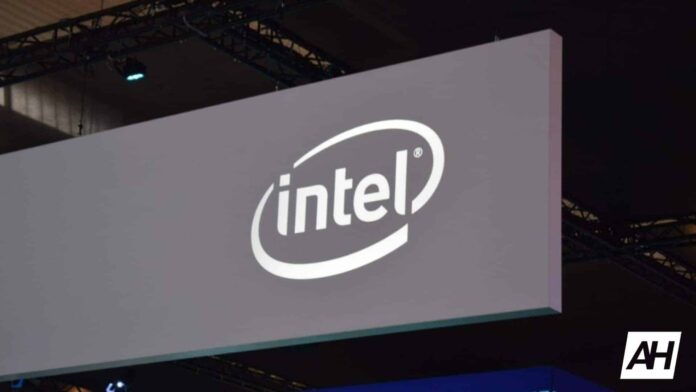[ad_1]
Intel has revealed early details about its next-gen artificial intelligence (AI) chip. Called Falcon Shores, this chip will reportedly boast 288GB of high bandwidth memory (HMB3) and support 8-bit floating-point computation. The company plans to introduce it in 2025.
Falcon Shores will help Intel make inroads into the AI chip market
Intel announced the plans during the ongoing ISC 2023 conference in Hamburg, Germany. It is a tech industry event for high-performance computing, machine learning, data analytics, and quantum computing. Intel’s forthcoming Falcon Shores chip will cater to the high-performance needs of generative AI applications, an industry that has seen a massive surge over the past few months. The company says it will be ready for the next generation of large language models (LLMs), which are the brains behind AI tools such as OpenAI’s ChatGPT and Google Bard.
The California-based semiconductor giant is seemingly going after Nvidia and AMD with the Falcon Shores. Nvidia is currently the industry leader in AI chips. Its latest solution H100 boasts 80GB of memory, so Intel is offering more than three times that memory with its forthcoming chip. Of course, Nvidia could come up with improved solutions by the time Falcon Shores is market-ready. But Intel is surely making early inroads into this segment as the interest in AI and surrounding technologies grows big rapidly.
Meanwhile, AMD is entering this scene with the MI300 later this year. It’s the company’s first chip design dedicated to high-performance computing. The chip is reportedly based on TSMC’s 5nm process and features advanced technologies such as 3D die stacking and on-package memory with ultrawide bandwidth (via). The competition in the AI chip market is heating up nicely with all the big players fighting to grab a foothold in it. Time will tell whether Intel or AMD can topple Nvidia or even get close to it anytime soon.
Intel may have finally finished work on Ponte Vecchio
Intel is lagging behind Nvidia in the high-performance computing market because of the time it took to develop its competing chip named Ponte Vecchio. The would-be Nvidia competitor suffered several delays over the years. It finally appears to be ready for the market. The company announced at the ISC 2023 conference that it has almost wrapped up work on Argonne National Lab’s Aurora supercomputer based on Ponte Vecchio. Intel claims it to be faster than Nvidia’s H100, but there’s no real-world proof of it yet.
According to Jeff McVeigh, corporate vice president of Intel’s super compute group, this delay is due to it trying to come up with the best combination of CPU and GPU. The company appears to have changed this strategy recently. “While we aspire to have the best CPU and the best GPU in the market, it was hard to say that one vendor at one time was going to have the best combination of those,” McVeigh told Reuters. “If you have discrete offerings, that allows you at the platform level to choose both between the ratio as well as the vendors.”
[ad_2]
Source link
